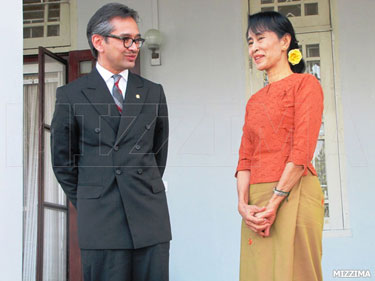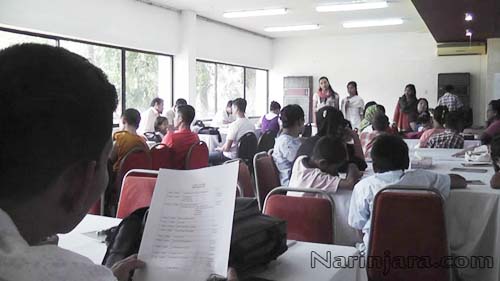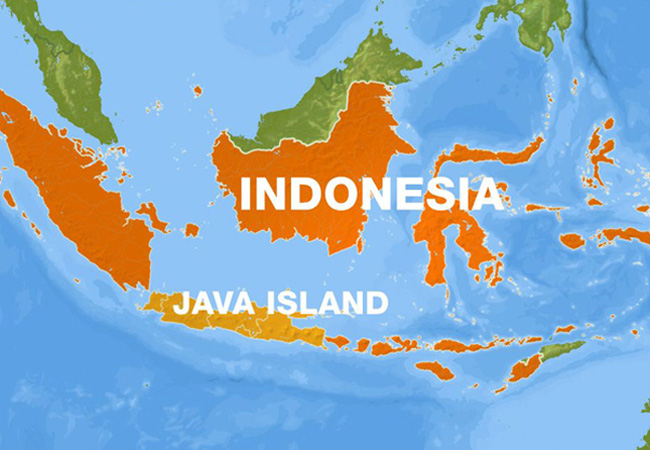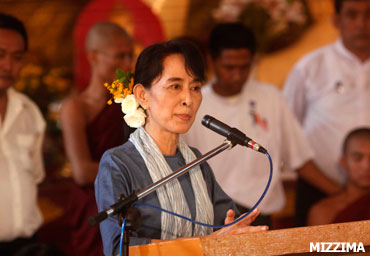Maungdaw, Arakan State: Burma’s Engineering army (GE) destroyed seven-shop, looting goods and battered severely to the Rohingyua shopkeepers in Fokira Bazar, of Maungadaw north on the night of December 29, as New Year greeting to Rohingya community, said a local elder who denied to be named.
“Six army personnel led by Captain Thet Min from G.E battalion, who came to Maungdaw to supervise the construction of Burma-Bangladesh barbed wire fence, went to the Fokirabazar market with heavy drunk where the army ransacked the market and looting goods from the shops without any provoking to them on December 29, at about 10:00pm.”
“More soldiers came to the market by a truck - after run away from the market while the shopkeepers protected their shops and market together - destroyed seven shops completely, looting many goods and severely beat up to every shopkeeper whom they met where many shopkeepers got injuries.”
“Local people informed the event to the military camp which is established permanent camp at Fokira Bazar.”
The GE soldiers went back to their camp, after destroying shops, looting goods and severely beating up shopkeepers who were halted by permanent soldiers in the area. The GE soldiers were severely beaten by the permanent soldiers and sent them to their camp, said a local elder preferring not to be named.
The permanent camp commander Lt. Col.Than Naing (established camp) and the commander of GE military camp held a meeting regarding the incident where the two commanders decided that the Captin Thet Min, who led the event, was transferred to Buthidaung township and also decided to pay Kyat 100,000 to the owners of shopkeepers per each as compensation.
“Why does the GE army destroy the shops, looting goods and severely beat up to the Rohingya shopkeepers without any provoking?” asked a local schoolteacher.
“We are very happy because of seeing immediate action against the culprits,” said a local trader.
“More soldiers came to the market by a truck - after run away from the market while the shopkeepers protected their shops and market together - destroyed seven shops completely, looting many goods and severely beat up to every shopkeeper whom they met where many shopkeepers got injuries.”
“Local people informed the event to the military camp which is established permanent camp at Fokira Bazar.”
The GE soldiers went back to their camp, after destroying shops, looting goods and severely beating up shopkeepers who were halted by permanent soldiers in the area. The GE soldiers were severely beaten by the permanent soldiers and sent them to their camp, said a local elder preferring not to be named.
The permanent camp commander Lt. Col.Than Naing (established camp) and the commander of GE military camp held a meeting regarding the incident where the two commanders decided that the Captin Thet Min, who led the event, was transferred to Buthidaung township and also decided to pay Kyat 100,000 to the owners of shopkeepers per each as compensation.
“Why does the GE army destroy the shops, looting goods and severely beat up to the Rohingya shopkeepers without any provoking?” asked a local schoolteacher.
“We are very happy because of seeing immediate action against the culprits,” said a local trader.














